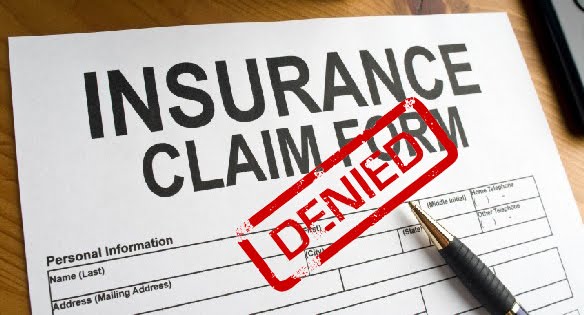Property Insurance Claims Handling Requirements in Georgia

- Georgia. Insurance carriers operating in Georgia are subject to both the Unfair Claims Settlement Practices Act1 and regulations that set forth the guidelines they must follow.
- An insurer (Insurance Company) in Georgia must acknowledge receipt of a first party claim within 15 days of the notice of claim being filed.2
- The insurer must also provide proof forms and instructions for completing them within 15 days of the notice of claim being filed.3
- The failure to provide the proof of loss forms would be considered an unfair claims practice.4
- The carrier must affirm or deny coverage within 15 days of receipt of the proof of loss (30 days from the notice of claim if there is no proof of loss required).5
- If the carrier needs more time, they must inform the insured within 5 days of the expiration of the applicable time period and advise why more time is needed and an estimate of how much additional time is needed, although the total time period for a claim decision may not exceed 60 days from the notice of claim.6
- Once liability has been determined, claims must be paid within 10 days.7
Further, Ga. Code Ann. §33-6-34 provides that the following actions, if flagrant or if committed with sufficient frequency to constitute a business practice are considered unfair claims practices:
- Knowingly misrepresenting to claimants and insureds relevant facts or policy provisions relating to coverages at issue;
- Failing to acknowledge with reasonable promptness pertinent communications with respect to claims arising under its policies;
- Failing to adopt and implement procedures for the prompt investigation and settlement of claims arising under its policies;
- Not attempting in good faith to effectuate prompt, fair, and equitable settlement of claims submitted in which liability has become reasonably clear;
- Compelling insureds or beneficiaries to institute suits to recover amounts due under its policies by offering substantially less than the amounts ultimately recovered in suits brought by them;
- Refusing to pay claims without conducting a reasonable investigation;
- When requested by the insured in writing, failing to affirm or deny coverage of claims within a reasonable time after having completed its investigation related to such claim or claims;
- When requested by the insured in writing, making claims payments to an insured or beneficiary without indicating the coverage under which each payment is being made;
- Unreasonably delaying the investigation or payment of claims by requiring both a formal proof of loss and subsequent verification that would result in duplication of information and verification appearing in the formal proof of loss form; provided, however, this paragraph shall not preclude an insurer from obtaining sworn statements if permitted under the policy;
- When requested by the insured in writing, failing in the case of claims denial or offers of compromise settlement to provide promptly a reasonable and accurate explanation of the basis for such actions. In the case of claims denials, such denials shall be in writing;
- Failing to provide forms necessary to file claims within 15 calendar days of a request with reasonable explanations regarding their use;
- Failing to adopt and implement reasonable standards to assure that the repairs of a repairer owned by the insurer are performed in a workmanlike manner;
- Indicating to a first-party claimant on a payment, draft check, or accompanying letter that said payment is final or a release of any claim unless the policy limit has been paid or there has been a compromise settlement agreed to by the first-party claimant and the insurer as to coverage and amount payable under the contract; and
- Issuing checks or drafts in partial settlement of a loss or claim under a specific coverage which contain language which releases the insurer or its insured from its total liability.
As you can see, Georgia is protective of its insureds and make certain the insurance carriers play by the rules, However, it is up to you to be your own advocate. if you feel you are being treated unfairly, first reach out to the insured’s customer service department and request your claim be reviewed and or reassigned to another party. If you still feel like you are not being treated fairly then it may be time to reach out to a public adjuster, an attorney and/or the Office of Insurance and Fire Safety Commissioner
Consumer Complaints
The Consumer Services Department is the investigative arm of OCI. Their job is to ensure fair and equitable dealings between insurers, agents, and policyholders. If you have a complaint about your insurance provider or agent, or how a claim is being handled, They may be able to help you resolve the issue.
How to file a consumer complaint
1 Ga. Code Ann. §33-6-30.
2 Ga. Comp. R. & Regs. 120-2-52-03(1).
3 Ga. Comp. R. & Regs. 120-2-52-03(2).
4 Ga. Code Ann. §33-6-34(11).
5 Ga. Comp. R. & Regs. 120-2-52-03(3).
6 Ga. Comp. R. & Regs. 120-2-52-03(5).
7 Ga. Comp. R. & Regs. 120-2-52-03(4).
